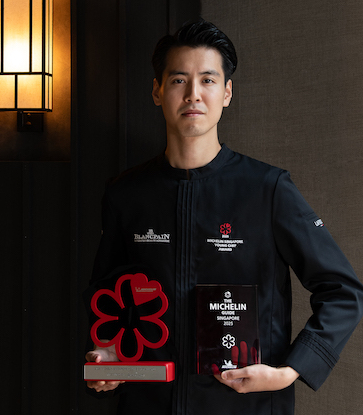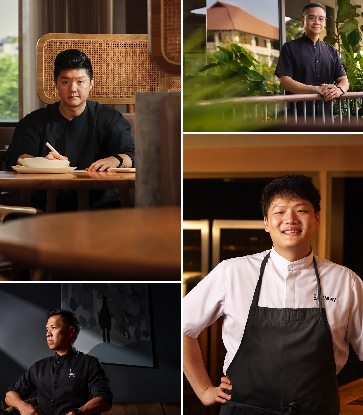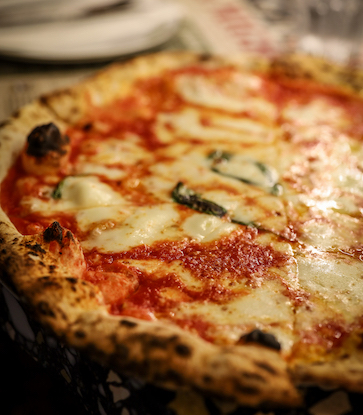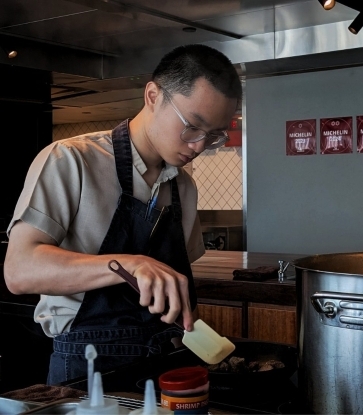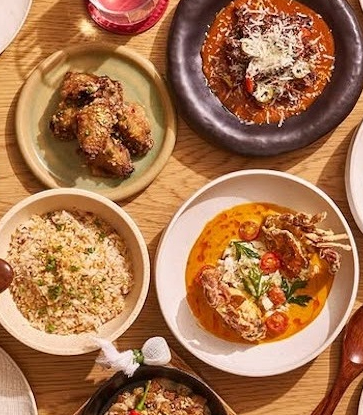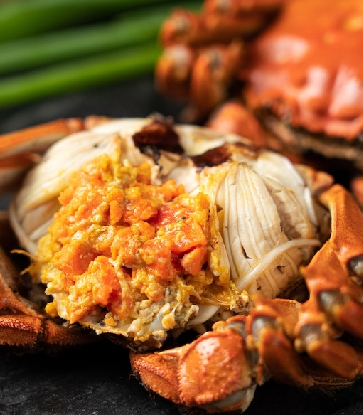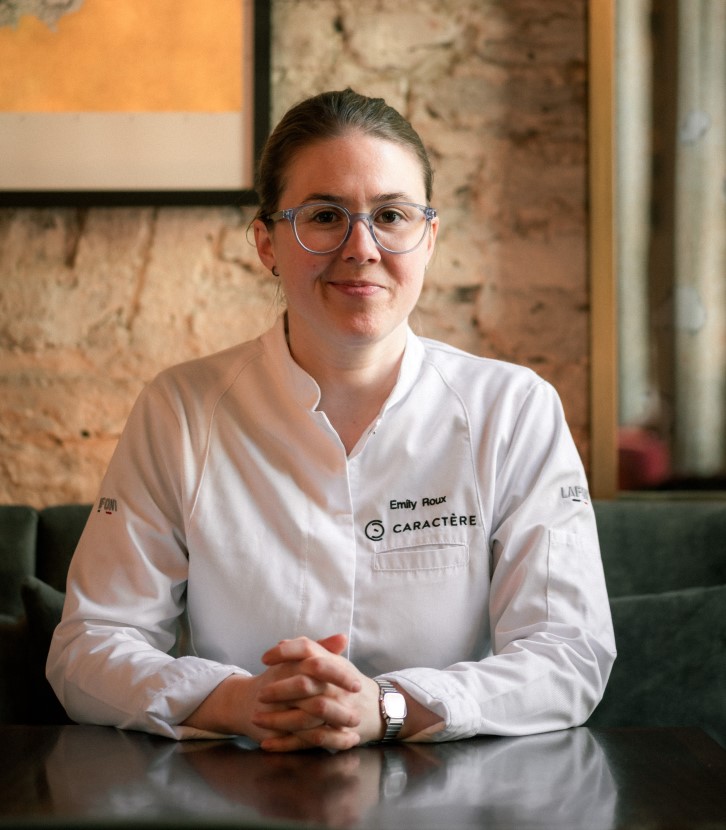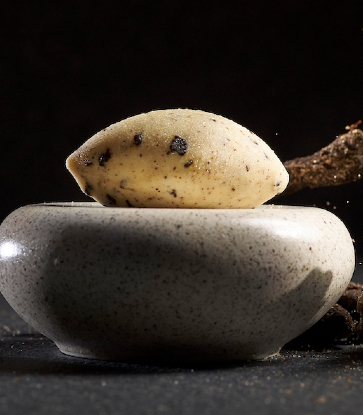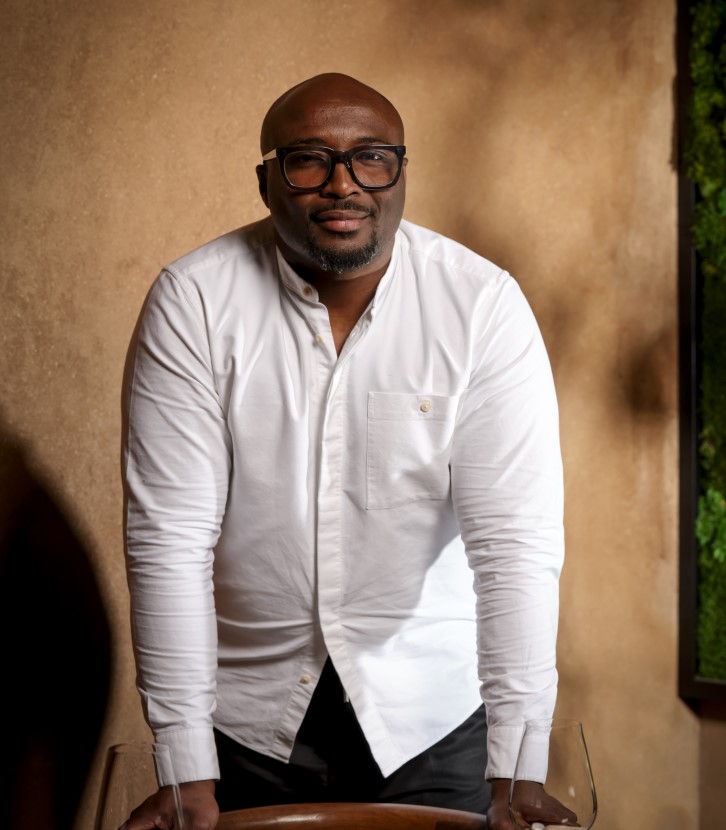Then in 2013, the dream turned into reality. He got together with business partners Jerome Desfonds and Alice Low-Ang, and Rhubarb was born.
“When we opened, there was no Michelin Guide here so Jerome and I set our own standards. It was a labour of love,” he says. “When Rhubarb got its star, it was a proud moment because it means that we were operating at a good level and doing better than we thought we were. It was very satisfying to know that.”
We sit down with him for a chat to recall the moment when he received the call informing him of his accolade.

The minute you get into cooking – especially in London which is one of the culinary capitals of the world. [It’s got] such great restaurants, great produce and great chefs. Michelin is something you’re exposed to fairly quickly.
What were your thoughts when you knew you received a star?
We got the invite and thought we were going to have dinner [chuckles]. We didn’t know what to expect. They called me up about an hour before we were meant to be at the gala. They said, “Congratulations, Rhubarb has got one star.” That was a big relief. It was surreal and a moment I would never forget.
From the period of our very first inspection and a week later they called us to have a chat. We sat in the room sharing our details and we don’t know if we were going to get anything from it. But from that moment on, I didn’t stop thinking about it. What would it mean for the restaurant and for the staff to get one star? When we got that call, everything just went blank – overwhelming.

Jerome and I, we met up with Alice, our partner, had a celebration with her. Then we came back to Tanjong Pagar. We went over to Bar-Roque and just got together with a lot of the industry chefs and drank a bit of champagne. The next day, we had a nice little celebration with our staff.
How much influence/inspiration does the Michelin Guide have on your career?
None – up until the very last bit in London. I wasn’t hungry to get a star, I was never working in a restaurant that was focused and set up in that respect. I was working for very good restaurants, and I was learning good food and I was using great ingredients. It wasn’t something I aspired to – but when you’re cooking in these kind of kitchens we all hear stories about what it’s like to work in a Michelin kitchen. After 5 years at Racine, I decided to push myself.
When I joined Club Gascon, I got a shock. I felt like I could cook but it was a tough kitchen. It was such a tense environment. In all the restaurants that I’ve been cooking, we were cooking classics. At Club Gascon, I saw food I’ve never seen before. That was not just a replication. That was identity, character, personality and his style of cooking really blew me away. I think it had more impact in shaping the chef that I am now.
What advice do you have for young chefs aiming for Michelin stars?
Read books – cookbooks. It’s too easy to google a recipe and stick to it. But a recipe takes years to refine so get those cookbooks and read them. Flip through them and be inspired. Get yourself really started on to something. Never give up, have a bit of tenacity and just keep practicing, practicing, practicing. It takes a long time to master anything and what we do is a craft. Be patient, persevere, keep going and learn as much as you can.




